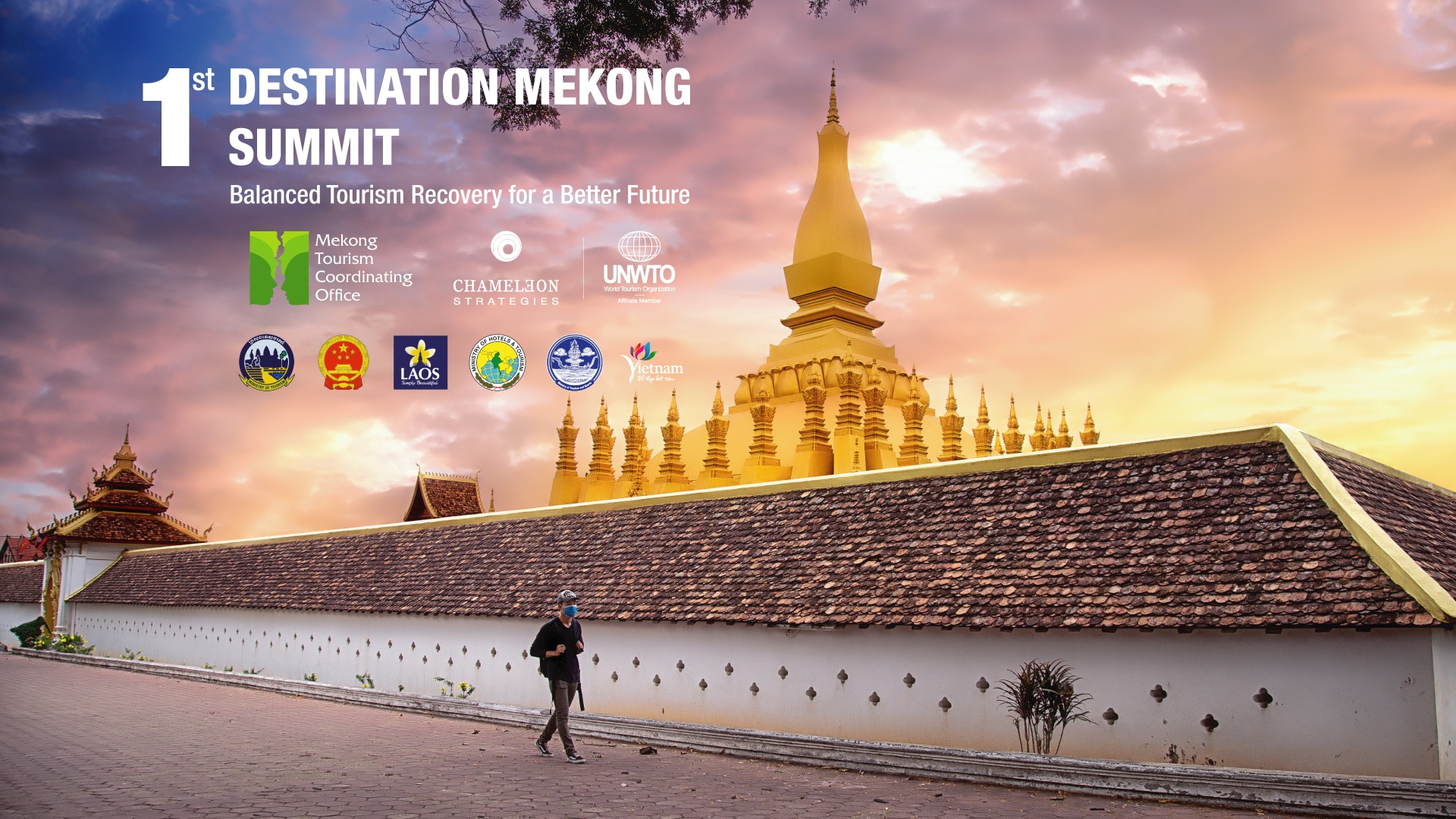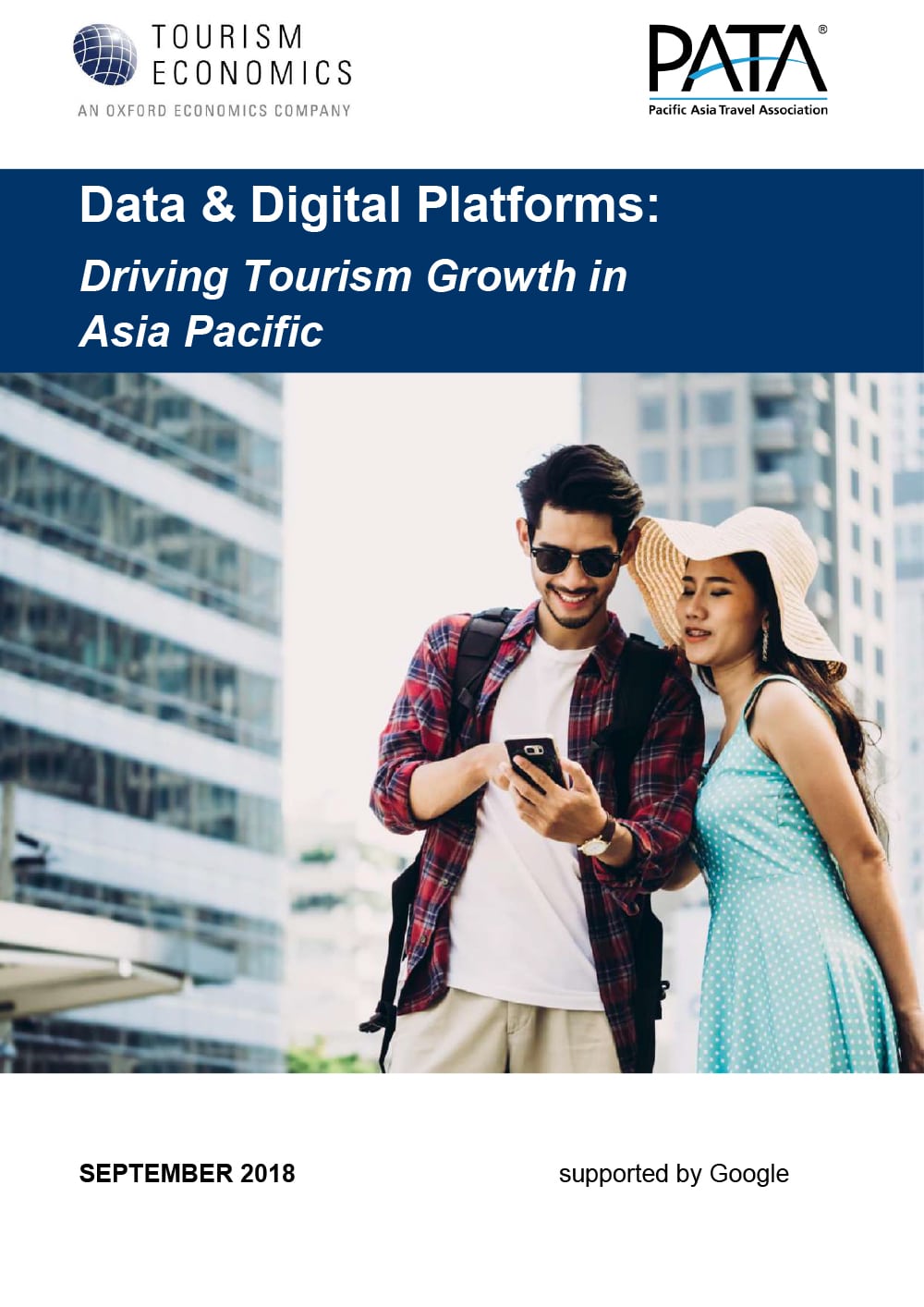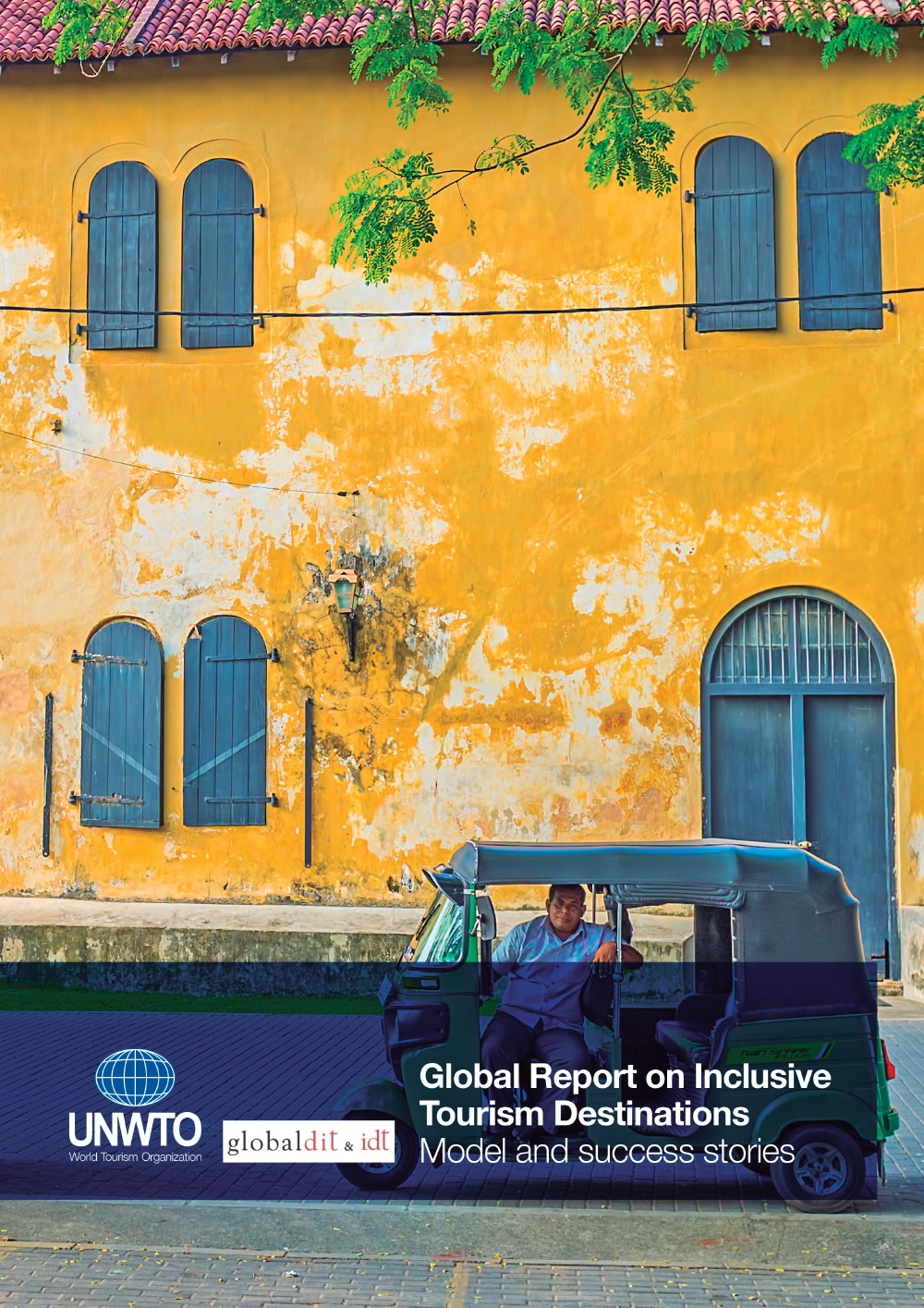Tourism in the Mekong Region is steered collaboratively by a public-private framework between the public and private sectors.
The Mekong Tourism Coordinating Office, which is the secretariat of the Tourism Working Group, and Destination Mekong, which is the destination marketing organization led by private sector partners, are both managing initiatives aligned to the GMS Tourism Strategy to create a sustainable and inclusive environment to support businesses and communities in the Mekong Region and provide benefits for all stakeholders – residents, travelers, and businesses.
Continue reading



